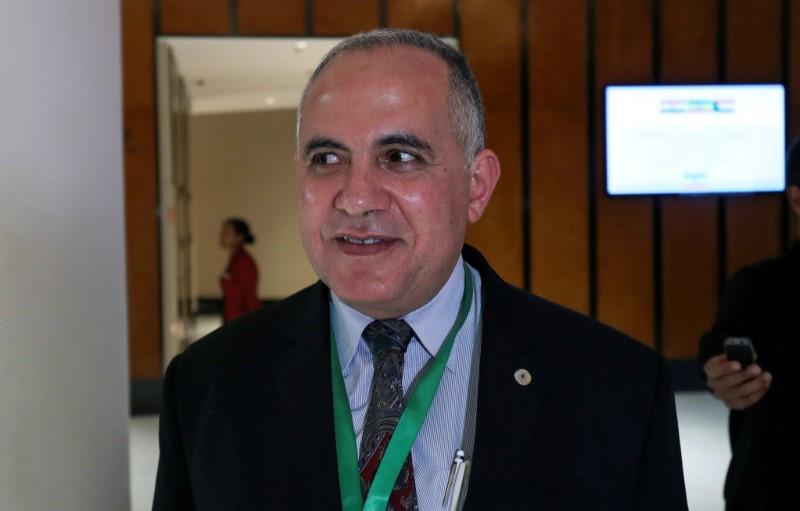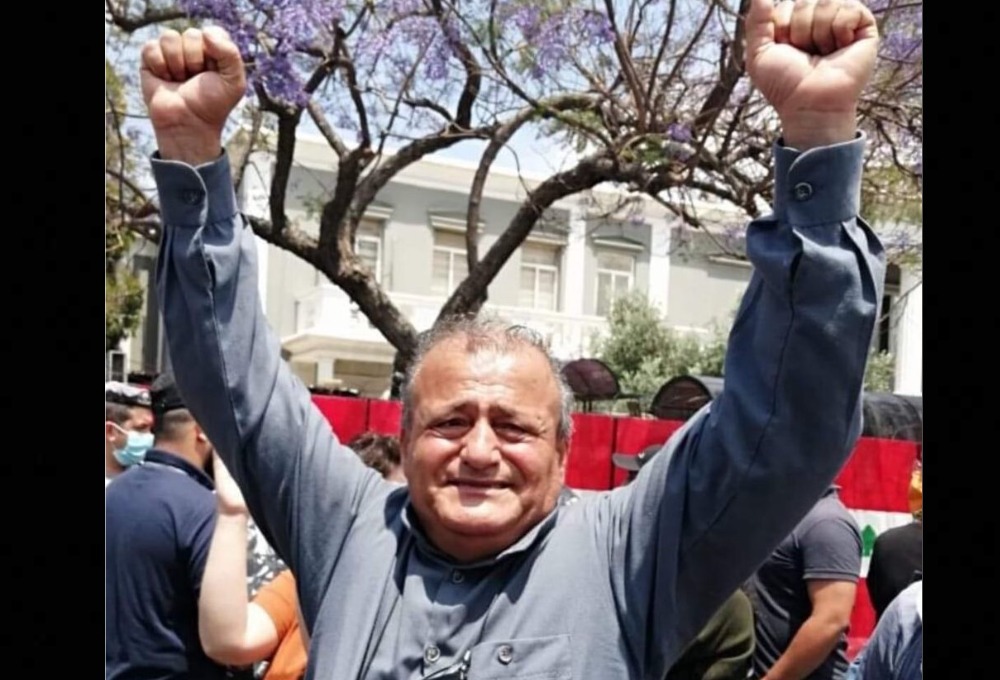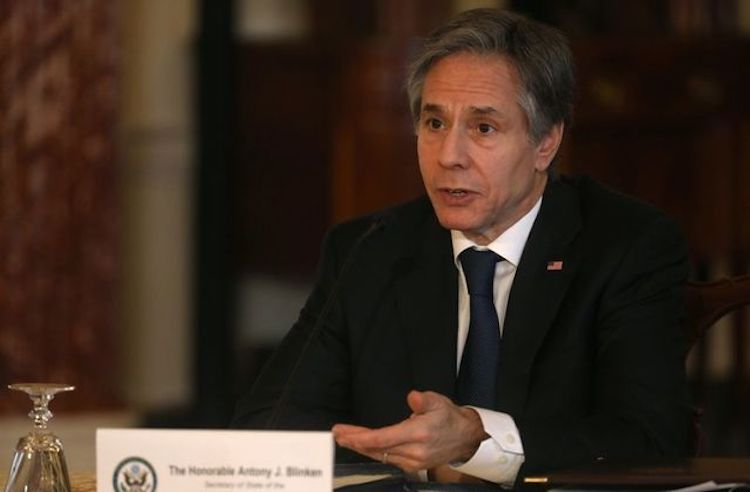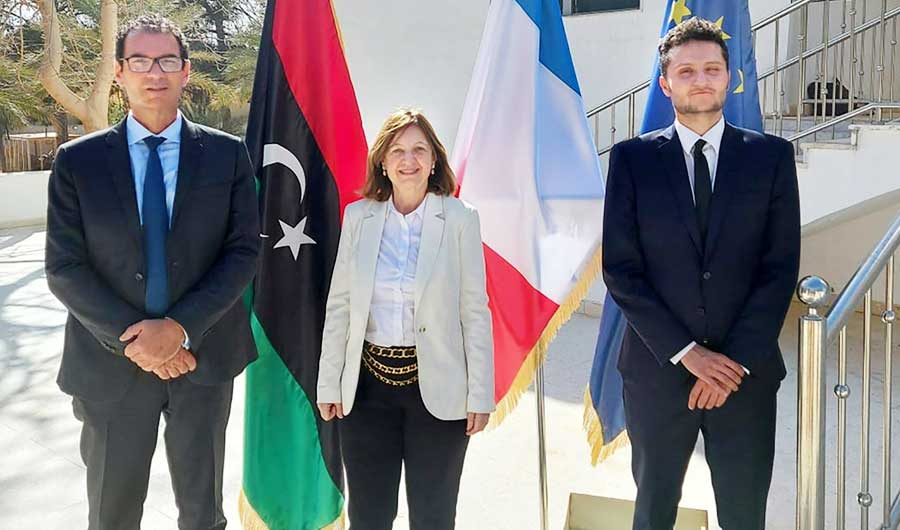Egypt calls for ‘effective talks’ on Nile dam
CAIRO: Mohamed Abdel-Aty, Egyptian minister of water resources and irrigation, has stressed the need for effective and serious negotiations on the Grand Ethiopian Renaissance Dam (GERD) in order to maximize the chances of success.
This came during a meeting with South Korean Ambassador to Egypt, Hong Jin-wook, to discuss exploring and strengthening areas of cooperation between the two countries concerning water resources and irrigation.
The dam project has been a source of diplomatic tension since its construction began in Ethiopia in 2011. Ethiopia sees the hydroelectric project as crucial for its economy and a vital source of energy. But Egypt and Sudan, which are downstream, fear the $4 billion dam will greatly reduce their access to water.
Abdel-Aty said that Egypt fully supports the Sudanese proposal to form an international quartet led by the Democratic Republic of the Congo, with the participation of the US, EU and UN to mediate between the three countries involved.
He added that the unilateral measures taken by Ethiopia regarding filling and operating the dam will result in huge negative repercussions.
The dam is one of the major challenges facing Egypt, which is currently suffering from severe water scarcity, Abdel-Aty said.
He said that Egypt supports development in all countries of the Nile basin and has participated in building many dams, indicating Cairo’s efforts to benefit all countries involved through fair and binding legal agreements.
The South Korean envoy expressed his understanding of the Egyptian point of view regarding the GERD and his awareness of Egyptian concerns regarding the water challenges it faces.
Egypt and Sudan consider the filling of the dam without a binding legal agreement a threat to their water security.
The two sides adhere to a quadripartite mediation mechanism that includes the African Union, US, EU and UN, which Ethiopia rejected as it only adheres to the African mediation.
The filling and operation of the dam is still a matter of dispute between the three countries as no final agreement has been reached in this regard despite the multiple negotiation rounds that were sponsored by Washington at one time and the African Union at others, in addition to tripartite meetings that failed to result in a solution.

Violating Egypt’s waters a ‘red line,’ says presidentEgypt and Sudan welcome UN’s support for mediation to solve GERD issue



